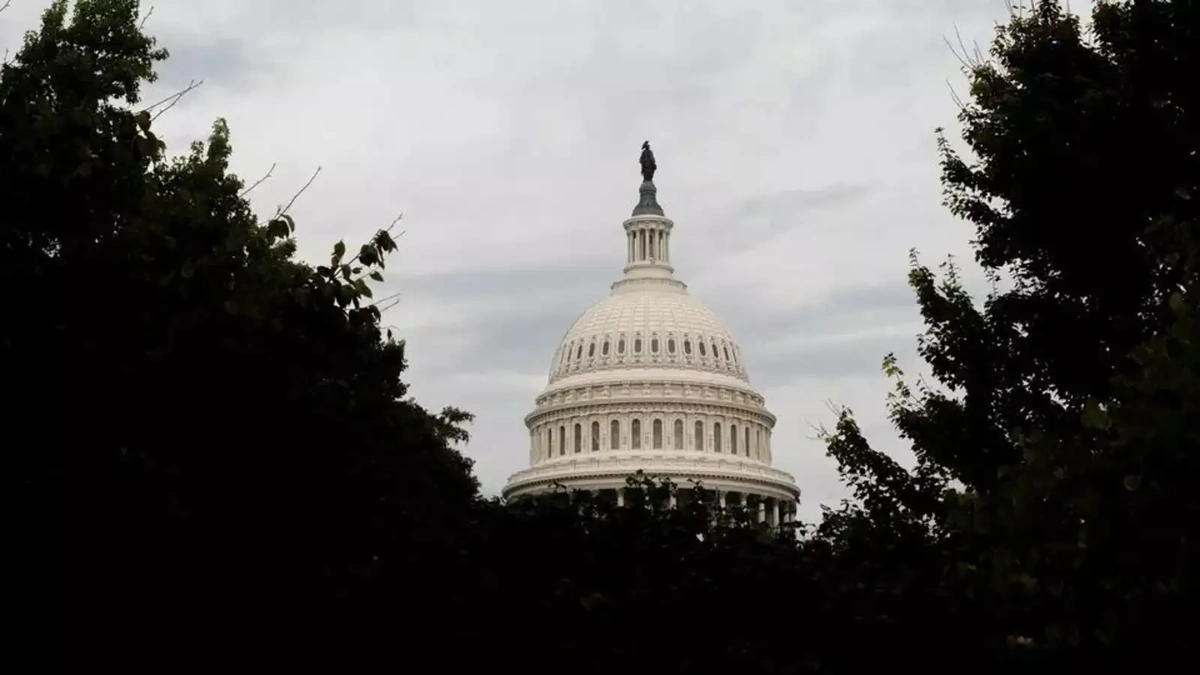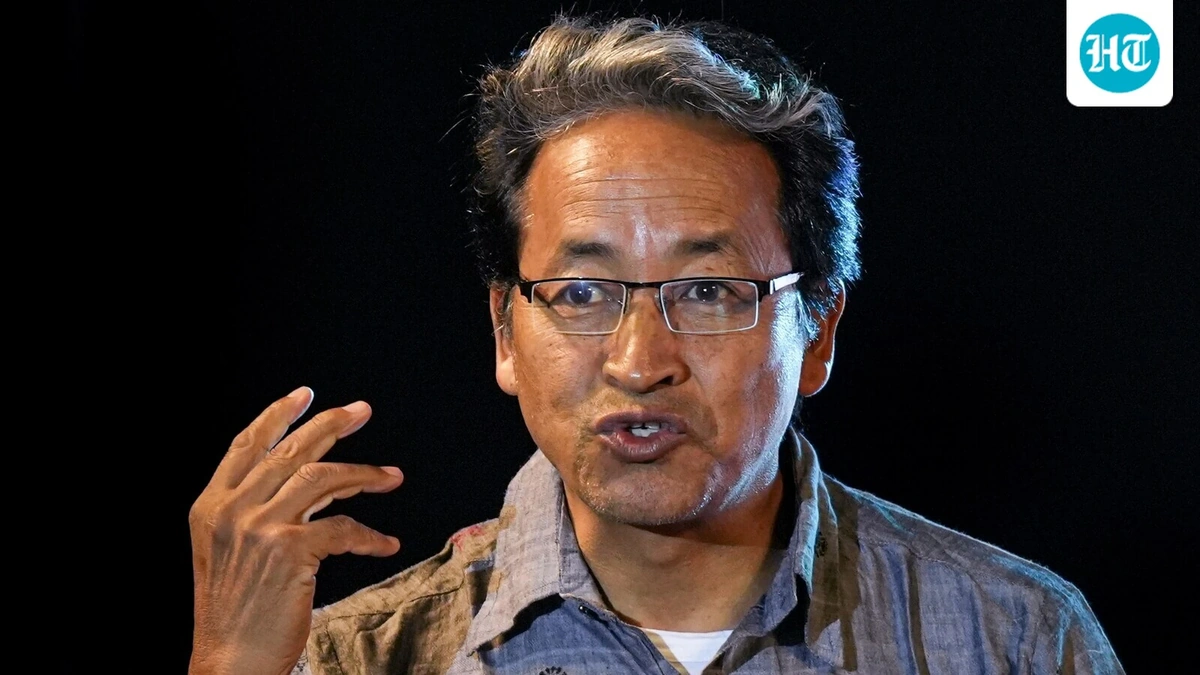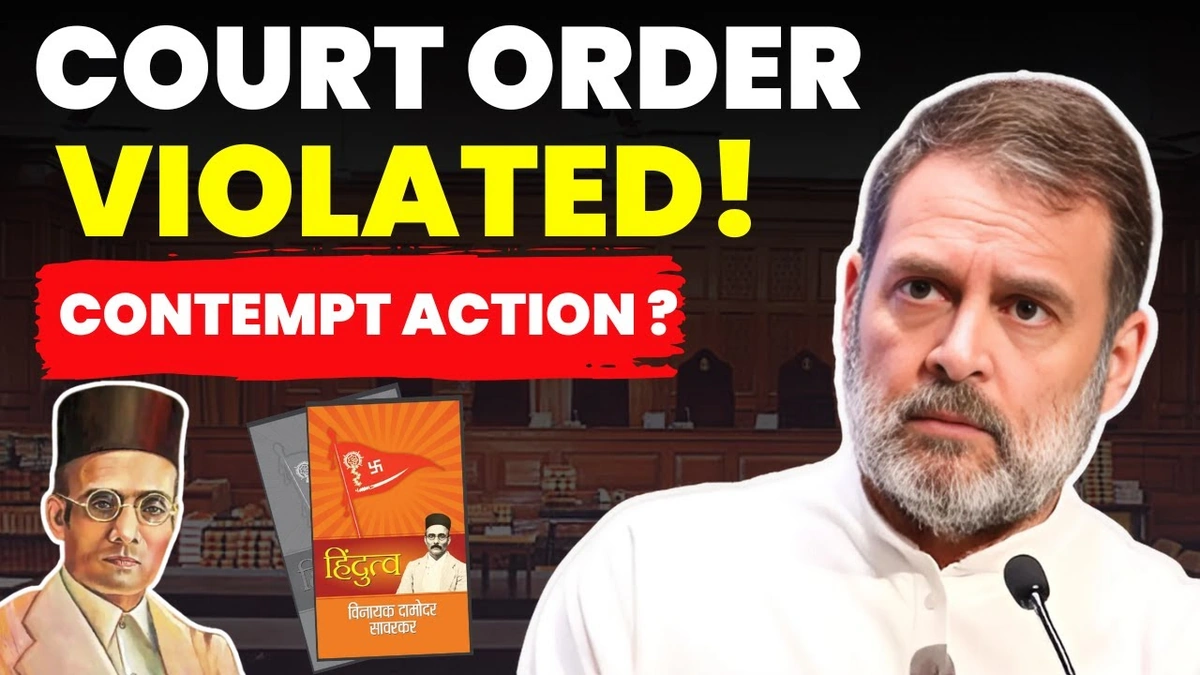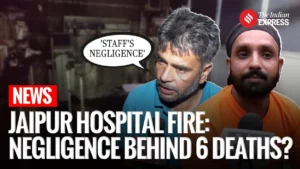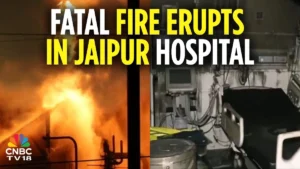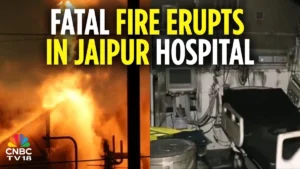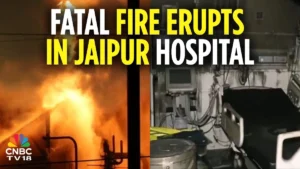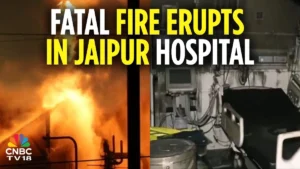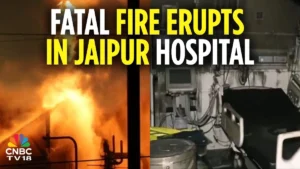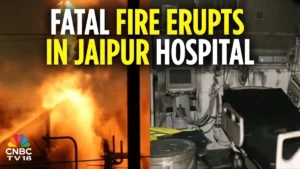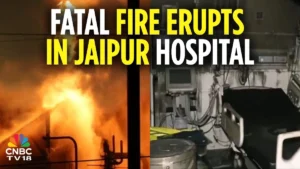Decoding the Federal Government Shutdown | It’s More Than Just Politics
Alright, let’s be honest. Hearing about a federal government shutdown probably makes your eyes glaze over. It sounds like boring political jargon, right? But here’s the thing: it affects everything, from the economy to whether or not you can visit a national park. So, let’s ditch the political spin and dive into what a shutdown really means, and more importantly, why you should care. Think of it as a knowledgeable friend explaining it over a cup of chai – minus the yelling and partisan debates.
Why Does the Federal Government Shut Down, Anyway? The Budget Breakdown
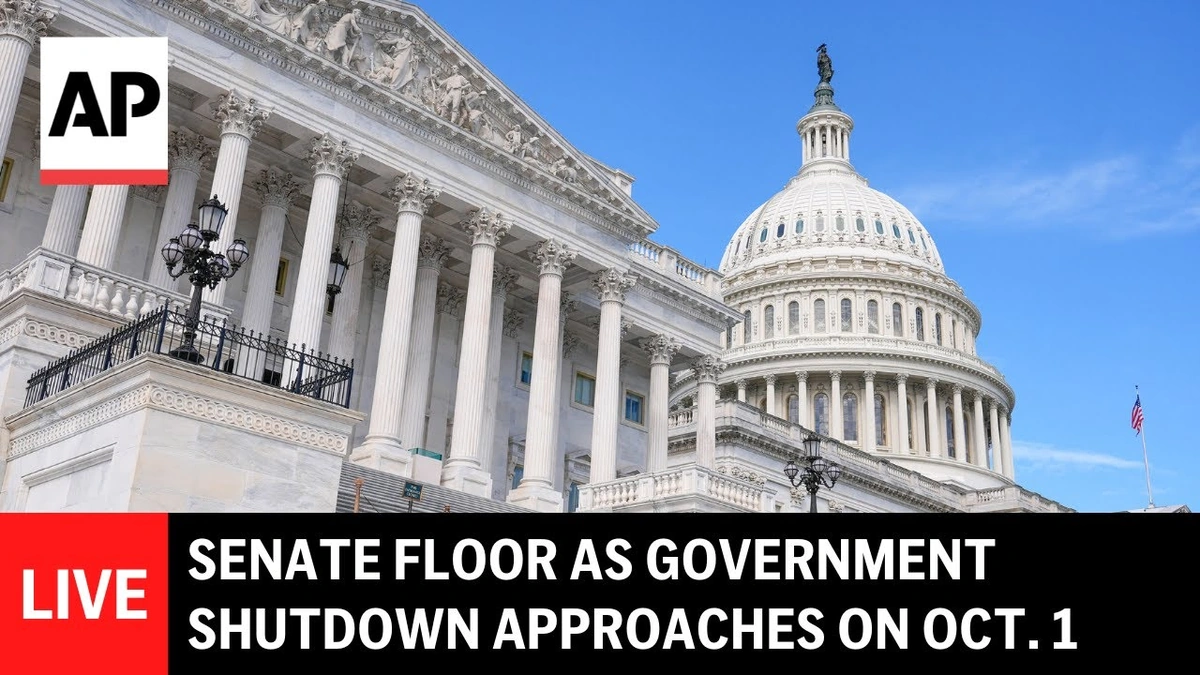
It all boils down to the budget. The U.S. government runs on a fiscal year that starts October 1st. Each year, Congress needs to pass appropriations bills that fund all the different federal agencies. If they don’t agree on these bills by the deadline, well, that’s when the federal government shuts down. It’s like a massive, bureaucratic tantrum. Here’s the crazy part: it’s not even necessarily about a lack of funds. It’s about how those funds get allocated. Often, it’s political posturing – a game of chicken between parties to get their priorities funded. According to WhiteHouse.gov , the budget process requires cooperation, and when that breaks down, chaos ensues.
But, what happens during the shutdown? Agencies deemed “non-essential” cease operations. That means national parks close, passport processing slows down, and some government employees are furloughed – sent home without pay. Essential services like air traffic control and law enforcement continue, but even they feel the strain.
The Ripple Effect | How a Shutdown Impacts You in India
Okay, so you’re sitting in India, reading this. Why should you care about a U.S. government shutdown ? Here’s the thing: the global economy is interconnected. A shutdown can trigger uncertainty in financial markets, potentially affecting investment flows and global trade. And , it’s worth paying attention to the long-term impact on the Indian economy. The US is one of India’s biggest trade partners, so any form of economic instability will affect business deals and exports from India. Here is a link to another interesting article.
It gets more personal, too. Planning a trip to the U.S.? A shutdown could delay your visa processing. Got investments tied to the U.S. market? Prepare for some potential volatility. The reality is, even if you’re thousands of miles away, a major economic disruption in the U.S. sends ripples across the globe.
Shutdown Showdowns | A Recurring Drama in American Politics
Here’s the fun (read: depressing) part: federal shutdowns aren’t new. They’ve happened under both Republican and Democratic administrations. What fascinates me is how often they seem to be used as political tools. Each party tries to leverage the threat of a shutdown to push their agenda. It’s a risky game, though, because public opinion usually turns against whoever is perceived as the culprit. The anti-deficiency act is also a related term.
The length of the shutdown also matters. A short, symbolic shutdown might cause a few headaches, but a prolonged one can have serious economic consequences. Think lost productivity, delayed projects, and a hit to consumer confidence. And let’s be real – it’s not exactly a great look for a country trying to project an image of stability and leadership on the world stage.
Navigating the Uncertainty | What You Can Do
So, what can you actually do about a potential shutdown ? Not much directly, unfortunately. But you can stay informed. Follow reputable news sources (not just the screaming heads on TV) to understand what’s happening and why. This is not something to take lightly.
For Indian citizens with travel plans, keep a close eye on the State Department website for updates on visa processing and potential disruptions to consular services. If you have investments in the U.S., consider talking to a financial advisor about strategies to mitigate risk during periods of economic uncertainty. Here is another interesting article to read.
The Unsung Heroes and Unexpected Victims | Shutdown Stories
Beyond the headlines and economic figures, it’s important to remember that shutdowns affect real people. Government employees who are furloughed face financial hardship and uncertainty. Small businesses that rely on government contracts can suffer. And ordinary citizens who depend on government services – from veterans seeking healthcare to families visiting national parks – are the ones who ultimately pay the price. The National Park service is often affected by shutdowns.
What fascinates me is the resilience people show during these times. Communities often rally to support furloughed workers, and volunteer organizations step in to fill the gaps in essential services. It’s a reminder that even in the midst of political dysfunction, human compassion prevails. Also, its worth checking out the shutdown impact on the federal workforce.
FAQ | Your Burning Questions About Government Shutdowns Answered
What happens to government employees during a shutdown?
Some are furloughed (temporarily laid off), while essential employees continue working without pay until the shutdown ends.
Will I still receive my social security checks during a shutdown?
Yes, Social Security payments typically continue uninterrupted.
What about national parks? Are they always closed?
Usually, yes. Most national parks close during a shutdown, although some may remain partially open with limited services.
How long can a government shutdown last?
There’s no limit. Shutdowns can last from a few hours to several weeks, depending on how long it takes Congress and the President to reach an agreement.
So, that’s the federal government shutdown in a nutshell. It’s not just a political squabble; it’s a complex issue with real-world consequences. Stay informed, be prepared, and remember that even in the face of uncertainty, resilience and community spirit can make all the difference.
